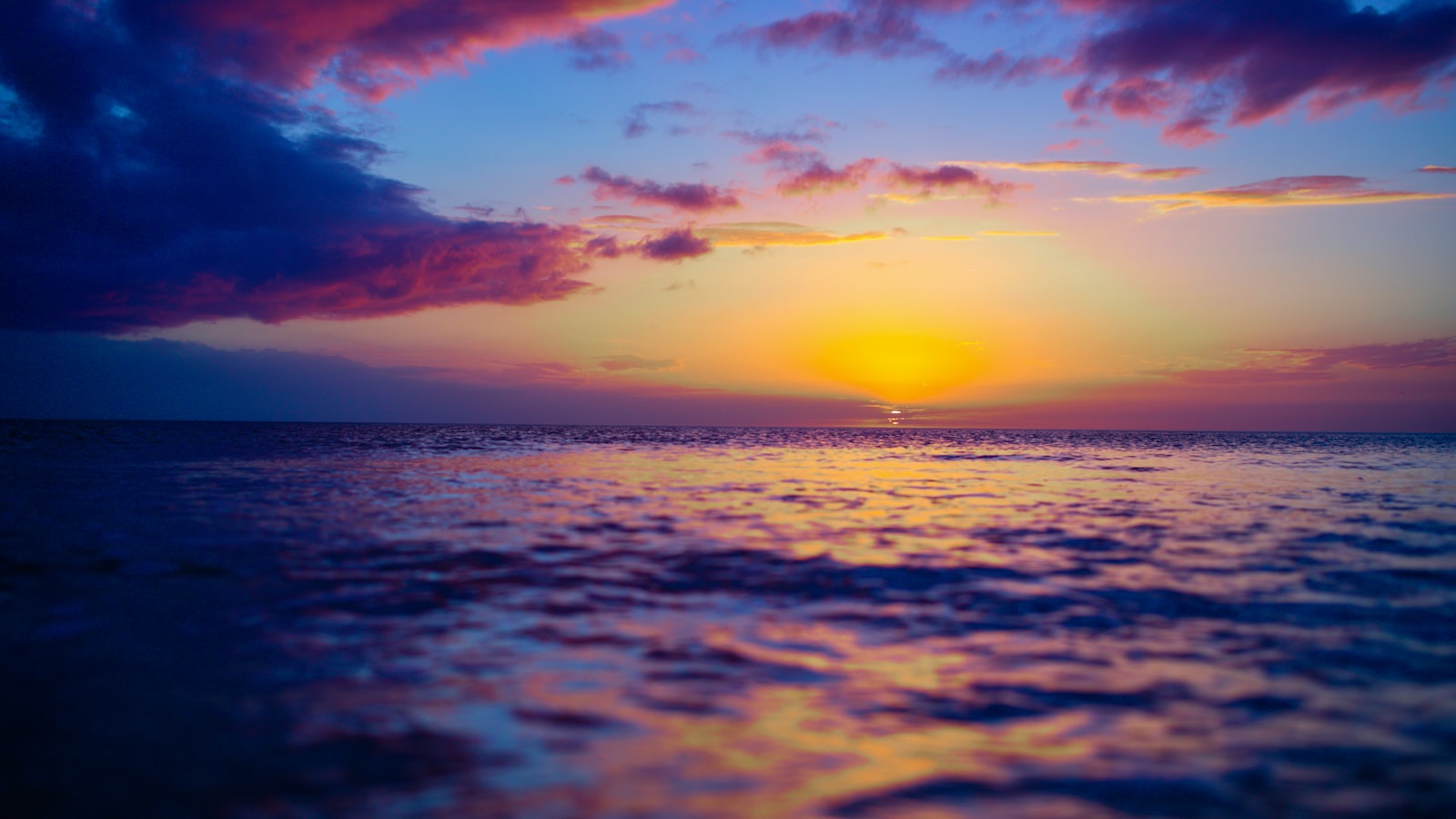
It's a date marked in celestial ink. On April 8, 2024, the skies over North America will dim as the moon shrouds the sun in a dramatic total solar eclipse. This extraordinary event has a path that will span across Mexico, the United States, and all the way into Canada. But for those in the Sunshine State, Florida, there's a flurry of excitement—and questions—about what this eclipse will hold for them.
Celestial Mechanics and Florida's View
A solar eclipse is a ballet of celestial mechanics. As the sun, Earth, and moon align, the moon blocks the sun's light, casting a shadow over our planet. To observers within this shadow, the sun is either partially or totally obscured, creating an eclipse. The total solar eclipse is the star of the show, where the moon entirely covers the sun's disk, turning day briefly into night.
However, totality—the complete coverage of the sun—is only visible in a narrow trajectory known as the path of totality. Unfortunately, this path is precise, and not all locations on Earth are treated to the full show. For the avid sky-watchers in Florida awaiting the upcoming April 8, 2024, solar eclipse, there's a twist: Florida is not directly in the path of totality. Instead, Floridians will witness a partial solar eclipse.
What Florida Can Expect
During a partial solar eclipse, the moon covers a portion of the sun. The effect is a solar disc that looks as if a bite has been taken out of it. While not as complete an experience as a total eclipse, it's still a remarkable phenomenon that brings thousands of spectators out with their solar glasses and pinhole cameras.
What percentage of the sun will be obscured in Florida? This varies by location, with northern areas of the state seeing a larger fraction of the sun covered than those further south. To get precise times and coverage for specific locations, one powerful tool is eclipse-timer.com. This website gives exact details on the eclipse's time and date across different areas, so enthusiasts can plan their viewing parties with accuracy.
Essential Gear for Solar Gazing in Florida
Watching a solar eclipse requires preparation, especially when it comes to eye safety. While the eclipse is a fascinating sight, looking directly at the sun can cause serious eye damage—even during an eclipse.

The safest way to enjoy the show is by using ISO 12312-2:2015(E) compliant glasses, which filter out harmful solar radiation. I urge eclipse viewers to prepare by obtaining these glasses from reputable sources like AbsoluteEclipse.com. This vendor not only sells certified safe solar viewers/filters but is also recognized by the American Astronomical Society's Solar Eclipse Task Force. That's a level of safety and trust you don't want to go without!
Tips for a Spectacular Solar Eclipse Experience in Florida
As the eclipse will be partial in Florida, here are some tips to enhance the experience:
- Find a Clear View: Seek out a spot with a clear view of the sky, away from tall buildings or trees that could obstruct your sightline.
- Eclipse Timing: Utilize eclipse-timer.com to know exactly when the eclipse will occur in your location.
- Solar Eclipse Glasses: Make sure you have ISO 12312-2:2015(E) compliant glasses to view the eclipse safely.
- Photography: If you're keen on photographing the eclipse, invest in a solar filter for your camera to protect its sensor.
- Watch Parties: Join or organize a local eclipse watch party. Sharing the experience can make it more memorable.
- Weather Forecast: Check the weather forecast a few days in advance. If it looks cloudy, you may want to find a better viewing location.
Beyond Florida: Following the Path of Totality

For those willing to take a bit of a journey, following the path of totality can turn this event from memorable to life-changing. The total solar eclipse will be visible in a band stretching from Texas to Maine. The closest states to Florida where you can experience totality include parts of Texas, Oklahoma, Arkansas, and Tennessee.
Educational Opportunities and Community Engagement
An eclipse presents a fantastic opportunity to learn more about astronomy and to engage with the community. Schools, astronomy clubs, and planetariums often organize educational events around eclipses. Participating in these can enhance your understanding of why eclipses occur and their significance to different cultures over time.
After the 2024 Eclipse: Looking Ahead
This celestial event is an appetizer of sorts. While Florida misses out on totality in 2024, they'll have another chance on August 23, 2044. That's when the next total solar eclipse will sweep across parts of North America, including the Northwest Territories, Alberta, and Montana. It's a long wait, but another grand opportunity to witness the awe-inspiring dance of the cosmos.
Wrapping Up with the Sun's Curtain Call
The 2024 solar eclipse might be offering Florida a partial performance, but remember: every act of this cosmic play is worth watching. As you gear up for the eclipse, consider the connection shared by everyone beneath the sun's transient shadow—a moment of unity as we all look up in wonder. So, grab your safe solar viewers from AbsoluteEclipse.com and mark your calendars for April 8, 2024.
When the day arrives, even if the sunlight over Florida isn't completely dimmed, the excitement and curiosity in the air will be undeniably total. And isn't that the true magic of an eclipse?

We may eagerly anticipate the darkness of totality, but let's not forget the beauty of partiality—both in eclipses and life. Every slice of sunlight, every crescent-shade, speaks to the grandeur of our place in the cosmos. Enjoy the show, Florida!



















